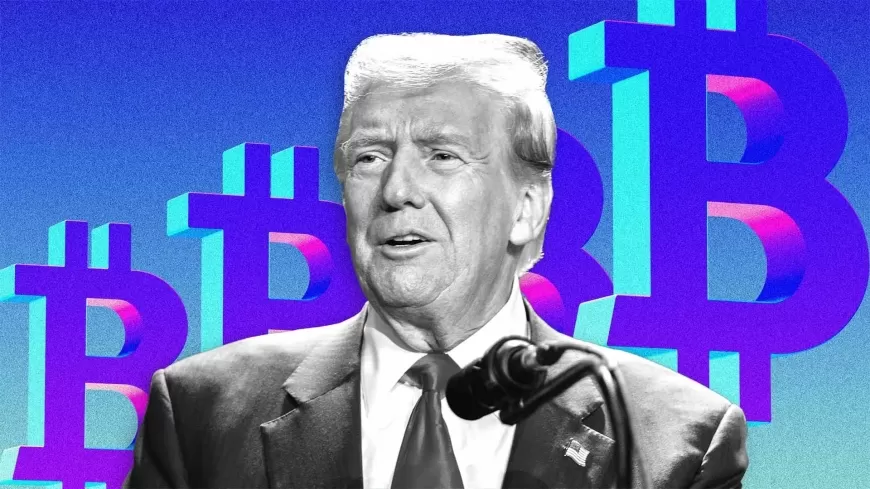Trump Administration to Make Crypto a National Priority with Clear Regulations and Industry Support
The Trump Administration plans to promote crypto innovation with clear regulations, pro-industry leadership, and banking support for digital assets.

As the Trump Administration prepares for its next term, the cryptocurrency industry anticipates significant changes aimed at fostering growth and innovation in digital assets. Industry leaders are hopeful for executive actions that prioritize clear regulatory frameworks, collaborative efforts among agencies, and policies supporting broader acceptance of cryptocurrency in the financial ecosystem.
Regulatory Framework in Focus
At the top of the crypto industry’s wish list is a unified regulatory framework. An anticipated executive order may direct agencies like the Commodity Futures Trading Commission (CFTC) and the Securities and Exchange Commission (SEC) to work collaboratively on comprehensive digital asset policies. While the final classification of cryptoassets remains under Congressional jurisdiction, such an order could push these agencies to conduct research and provide guidelines to move the issue forward.
Major players in the sector, such as Coinbase and Ripple, have long advocated for well-defined rules to enhance operational clarity and innovation. "Clear regulatory guidelines are essential for the sustainable growth of digital assets in the U.S.," noted a senior industry insider.
Pro-Crypto Leadership in Key Roles
President Trump’s appointments for regulatory leadership include individuals with a pro-innovation stance. Former SEC Commissioner Paul Atkins is expected to lead the securities industry regulator, while Scott Bessent will assume the role of Treasury Secretary. Notably, a new position, "Crypto and AI Czar," will be headed by David Sachs, a renowned venture capitalist and PayPal co-founder.
These appointments signal a strong push for balancing innovation with consumer protection. "It’s about threading the needle between protecting lawful users and mitigating risks from bad actors," said Ari Redbord, a blockchain policy expert.
Access to Banking Services
The crypto sector has faced significant hurdles accessing banking services, particularly under the Biden Administration, which issued warnings about risks tied to banking digital asset companies. The closures of crypto-friendly banks like Signature and Silvergate in 2023 intensified these concerns.
The Independent Community Bankers of America (ICBA) has advocated for a balanced regulatory environment to bridge the gap between banking and crypto sectors. "A level playing field will create a more secure environment for both consumers and the financial system," ICBA President Rebeca Romero Rainey emphasized.
The anticipated departure of Federal Deposit Insurance Corporation (FDIC) Chair Martin Gruenberg is another development welcomed by crypto advocates. Vice Chair Travis Hill is expected to take a more innovative approach, balancing technological adoption with sound financial principles.
Adjusting Accounting Rules for Banks
Another priority for the crypto sector is revisiting accounting rules, specifically Staff Accounting Bulletin No. 121 (SAB 121). These rules require banks to treat customers' crypto assets as part of their balance sheets, necessitating higher capital reserves. Industry leaders hope for adjustments to reduce barriers for financial institutions engaging with digital assets.
Executive Order to Prioritize Crypto
Reports suggest that President Trump plans to issue an executive order declaring cryptocurrency a national priority. This directive would encourage collaboration between government agencies and the crypto industry while creating a dedicated advisory council to advocate for policy priorities.
"We are optimistic that the incoming administration will recognize the importance of embracing cryptocurrency in the U.S. and take steps to prevent driving innovation overseas," said Kristin Smith, CEO of the Blockchain Association.
The crypto industry awaits the new administration’s actions with high expectations, hoping for leadership that fosters innovation, regulatory clarity, and growth within the U.S. economy.
Also Read: Coinbase Offers Bitcoin-Backed Loans: How Does It Work & Should You Use It?































































